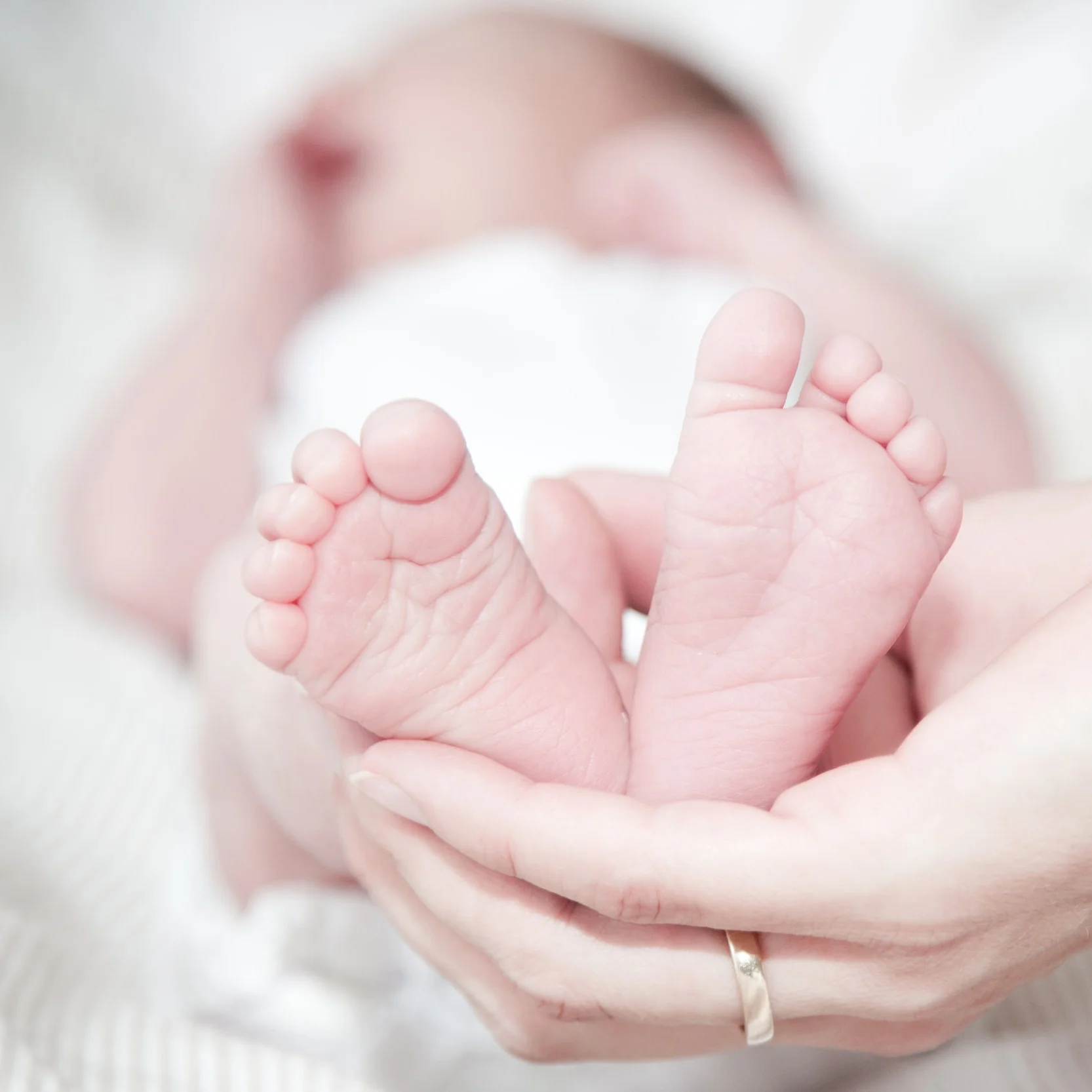Postpartum mental health issues are fueled not only by the hormonal turmoil that women experience but also by the emotional and practical challenges of keeping a vulnerable new human alive while operating on very, very little sleep. Having a baby during a pandemic is harder. Even if everyone in the family is healthy, it’s harder. Even if the family’s financial situation has not been damaged by layoffs, it’s harder. It takes all of the challenges of parenting a newborn — the nerves, the stress, the at-times profound loneliness — and amplifies them.
Read MoreWe talk about why pregnancy after loss can be so incredibly difficult, the common emotions associated with pregnancy after loss, how grief and stress can affect a pregnancy and what steps we can take to deal with the grief and stress in a healthy way. If you have experienced the loss of a baby and are pregnant again, or would like to be pregnant again, this episode is a must listen. If you have ever asked the question, when is it the right time to try to get pregnant again, this episode is for you. And if you love someone who is pregnant after the loss of a baby this episode is an absolute must — it will help you understand what she is going through in a really significant way.
Read MoreLibby shares with us a general overview of what someone who has experienced the loss of a baby can expect in regards to grief. For many of us, the loss of our baby was the first time we have experienced a significant loss close to us, we are unfamiliar with the grieving process and we are trying to discern what’s normal, what isn’t, what is expected of us, when should we seek outside help -- basically all the things and in this episode Libby breaks it all down for us. She shares invaluable expertise regarding baby loss and grief, including helpful steps to take to process through your grief in a way that is not burdensome or weighty but instead, very freeing.
Read MoreAlthough it's not as well documented as postpartum depression, post-adoption depression syndrome (PADS) is not uncommon: In a 2012 study from Purdue University, between 18 and 26 percent of adoptive mothers (depending on the screening scale) reported depressive symptoms within the first year of bringing home a new baby or child. (Rates for the small number of adoptive fathers also surveyed were similar.)
Read MoreYou know the saying, “You can never have too much of a good thing?” Yeah, I’m not a fan of that one, because too much of pretty much anything isn’t good. And as a new or expectant mom, this is particularly true when it comes to information. And while that’s great for many things, it can also make it very difficult to separate the good information from the bad. And when bad information circulates without correction, some potentially harmful myths can seem to turn into facts.
Read MoreA year ago, I decided to seek help from a therapist. I never thought about therapy before. I never thought I needed it. I had feelings buried deep inside me at the pit of my core for years that I never talked about, but that's where they lived, and I was okay with that—or so I thought.
Read MoreHaving a baby in the NICU (Neonatal Intensive Care Unit) is not how we typically envision motherhood beginning, it is not part of the plan. All of the emotions you experience in the NICU (grief, guilt, anger, anxiety, and depression) are normal and appropriate responses to traumatic events, they are not signs of weakness! While these reactions are a normal part of the adjustment process, it is important to recognize if they become a problem and reach out for help.
Read MoreWorrying as a mother is a natural instinct! In fact, it is often shrugged off as normal by many health care providers because everyone expects new noms to experience heightened fears or anxiety to some extent. But when it begins to feel crippling, excessive, or even toxic, this type of intrusive new mom worry can be a sign of postpartum anxiety.
Read More







